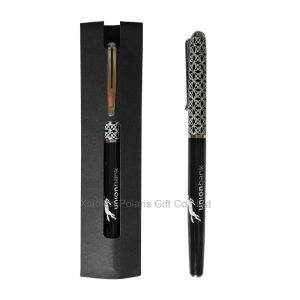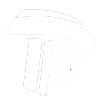Pad printing belongs to one of the special printing methods. It can print characters, graphics and images on the surface of irregular objects. Now it is becoming an important special printing. For example, the text and pattern on the surface of mobile phones are printed in this way, as well as the surface printing of many electronic products, such as computer keyboards, instruments and meters, which are all completed by pad printing.
The pad printing process is very simple, using steel (or copper, thermoplastics) intaglio, using a curved surface pad head made of silicone rubber material, dip the ink on the intaglio onto the surface of the pad head, and then press it on the surface of the required object to print the text, pattern, etc.
The type of pad printing machine is a special printing technology which was just introduced to China in the 1980s. Because of its obvious advantages in printing on small area, concave and convex products, it makes up for the shortcomings of screen printing technology, so it develops very fast. In the early 1990s, with the further opening of China’s market, a large number of foreign-funded enterprises with electronic, plastic, gift, toy and other traditional industries as the main body have entered the Chinese market, and the pad printing technology and screen printing technology as the main decoration method have achieved extraordinary development. According to incomplete statistics, the application of pad printing technology and screen printing technology in the above industries has reached 27% respectively 、64%、51%、66%。 Pad printing refers to the way that the substrate is irregular and irregular surface (such as instrument, electrical parts, toys, etc.), copper or steel intaglio plate is used to form a hemispherical pad head through silicon rubber, and then the ink is transferred to the substrate to complete transfer printing.
The pad printing machine is mainly composed of plate device (including ink supply device), ink scraper, pad rubber head (generally silica gel material) and printing table



